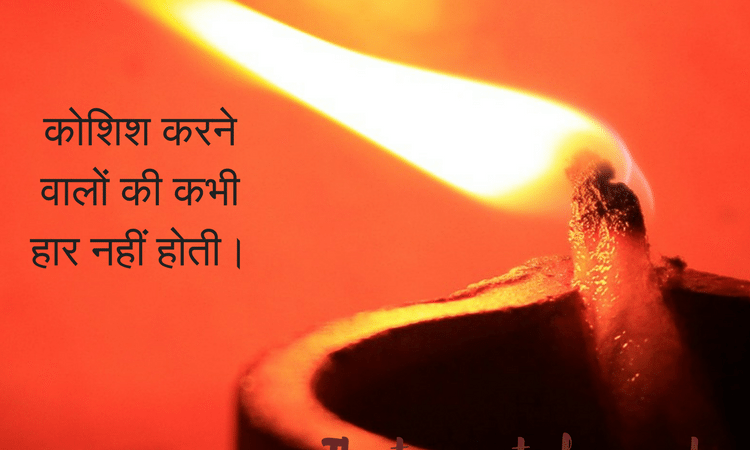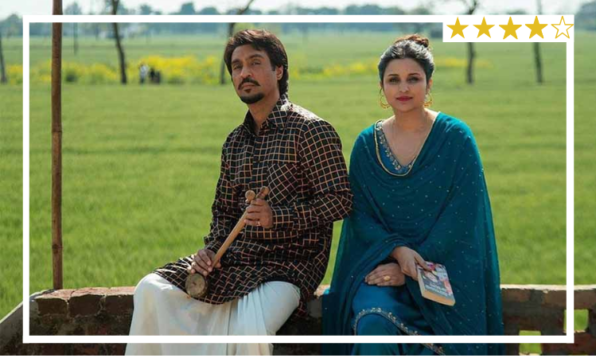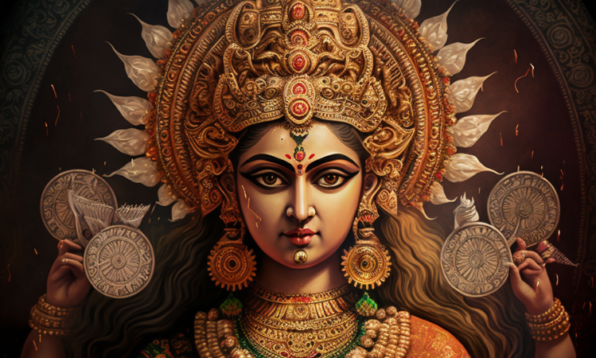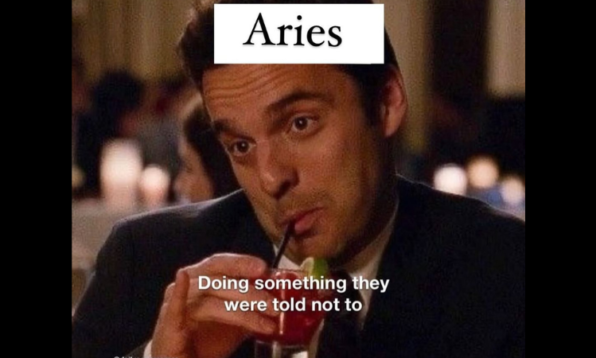Emotions are complex and words can rarely do justice to describe them. But there are some who can weave magic with words and take us on a roller coaster ride of feelings. On this World Poetry Day, we celebrate some noted poets whose works have inspired us and filled our hearts with joy. How many of these famous poems do you know?
1. If by Rudyard Kipling
Rudyard Kipling best-known for ‘The Jungle Book’ was as prolific a poet as he was a story-teller. He wrote ‘If’ in 1910 when he was already a well-established writer. The poem speaks to an ideal or aspiration and even today is quoted on coffee mugs and posters. In his own words, the poem offers “counsels of perfection most easy to give”.
“If“
If you can talk with crowds and keep your virtue,
Or walk with Kings—nor lose the common touch,
If neither foes nor loving friends can hurt you,
If all men count with you, but none too much;
If you can fill the unforgiving minute
With sixty seconds’ worth of distance run,
Yours is the Earth and everything that’s in it,
And—which is more—you’ll be a Man, my son!

2. Daffodils by William Wordsworth
This poem makes you appreciate the small pleasures in life and reminds you to literally stop and smell the roses sometimes. In her journal, William Wordsworth’s wife, Dorothy, described how the inspiration for the beautiful poem struck her husband, “When we were in the woods, we saw a few daffodils close to the waterside. I never saw daffodils so beautiful they grew among the mossy stones about and about them, they looked so gay ever dancing ever-changing. But they were so few as not to disturb the simplicity and unity and life of that one busy highway. We rested again and again. The Bays were stormy, and we heard the waves at different distances and in the middle of the water like the sea”.
“Daffodils“
I wandered lonely as a cloud
That floats on high o’er vales and hills,
When all at once I saw a crowd,
A host, of golden daffodils;
Beside the lake, beneath the trees,
Fluttering and dancing in the breeze.
Continuous as the stars that shine
And twinkle on the milky way,
They stretched in never-ending line
Along the margin of a bay:
Ten thousand saw I at a glance,
Tossing their heads in sprightly dance.

3. Stopping by Woods on a Snowy Evening by Robert Frost
Robert Frost was the most noted American poet, who often drew inspiration from his personal life for his works. Frost lived in poverty and this poem is based on a day in his life when he stopped by the side of a road and cried. He had not sold enough at the market and he was ashamed that he wouldn’t be able to give a good Christmas to his family. It was then he decided to work harder and overcome the ‘darkness of the woods’. “And miles to go before I sleep’ still remains one of the most motivational quotes today.
“Stopping By Woods“
Whose woods these are I think I know.
His house is in the village though;
He will not see me stopping here
To watch his woods fill up with snow.
The woods are lovely, dark and deep,
But I have promises to keep,
And miles to go before I sleep,
And miles to go before I sleep.

4. Jabberwocky By Lewis Caroll
Jabberwocky is considered to be one of the greatest ‘nonsense’ poems ever written in English. Lewis Caroll, the author of Alice in Wonderland, often invented playful, whimsical words that had no meaning. That’s why the ‘Jabberwocky’ is open to so many different interpretations. Many words in the poem like ‘mimsy’ and ‘chortle’ have now found their way to the English dictionary.
“Jabberwocky“
’Twas brillig, and the slithy toves
Did gyre and gimble in the wabe:
All mimsy were the borogoves,
And the mome raths outgrabe.
Beware the Jabberwock, my son!
The jaws that bite, the claws that catch!
Beware the Jubjub bird, and shun
The frumious Bandersnatch!

5. Ode to the West Wind by P B Shelly
PB Shelley often employed political undertones in his poems. ‘Ode to the West Wind’ is considered as his rebellion against authority and an untamed spirit in search of freedom.
“Ode to the West Wind“
O wild West Wind, thou breath of Autumn’s being,
Thou, from whose unseen presence the leaves dead
Are driven, like ghosts from an enchanter fleeing,
Yellow, and black, and pale, and hectic red,
Pestilence-stricken multitudes: O thou,
Who chariotest to their dark wintry bed
The winged seeds, where they lie cold and low,
Each like a corpse within its grave, until
Thine azure sister of the Spring shall blow

6. Where the Mind is Without Fear by Rabindra Nath Tagore
Rabindra Nath Tagore wrote this poem when India was under British rule. It was originally title ‘Prarthana’ and was written as a prayer to god, wishing freedom for his country. It is relevant even today as the concept of freedom is much wider in the verses.
“Where the Mind is Without Fear“
Where the mind is without fear and the head is held high
Where knowledge is free
Where the world has not been broken up into fragments
By narrow domestic walls
Where words come out from the depth of truth
Where tireless striving stretches its arms towards perfection
Where the clear stream of reason has not lost its way
Into the dreary desert sand of dead habit
Where the mind is led forward by thee
Into ever-widening thought and action
Into that heaven of freedom, my Father, let my country awake.

7. Madhushala by Harivansh Rai Bachchan
Madhushala is a highly metaphorical work by Harivansh Rai Bachchan. It may seem like an ode to alcohol but in reality, Bachchan beautifully explains the complexities of life through his four instruments – madhu, madira or haala (wine), saaki (server), pyaala (cup or glass) and of course madhushala, madiralaya (pub/bar).
“Madhushala“
मृदु भावों के अंगूरों की आज बना लाया हाला,
प्रियतम, अपने ही हाथों से आज पिलाऊँगा प्याला,
पहले भोग लगा लूँ तेरा फिर प्रसाद जग पाएगा,
सबसे पहले तेरा स्वागत करती मेरी मधुशाला।।१।
प्यास तुझे तो, विश्व तपाकर पूर्ण निकालूँगा हाला,
एक पाँव से साकी बनकर नाचूँगा लेकर प्याला,
जीवन की मधुता तो तेरे ऊपर कब का वार चुका,
आज निछावर कर दूँगा मैं तुझ पर जग की मधुशाला।।२।
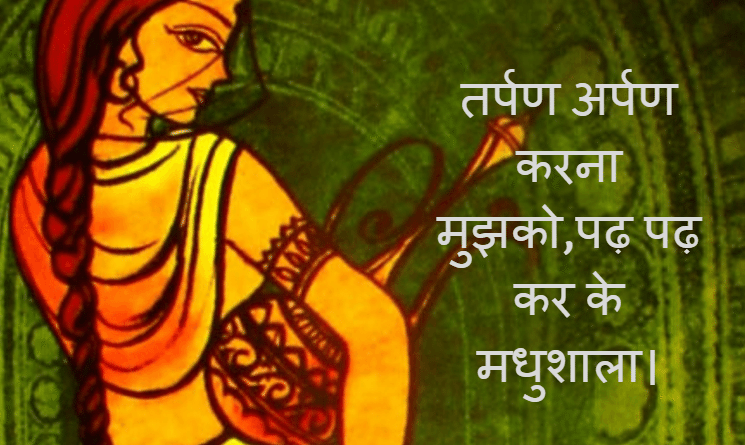
8. Koshish karne walon ki haar nahi hoti by Sohan Lal Dwivedi
Read this poem whenever you feel disheartened. It shows light to those feeling discouraged and inspires people to never give up.
“Koshish Karne Walon ki Haar Nahi Hoti“
लहरों से डर कर नौका पार नहीं होती,
कोशिश करने वालों की कभी हार नहीं होती।
नन्हीं चींटी जब दाना लेकर चलती है,
चढ़ती दीवारों पर, सौ बार फिसलती है।
मन का विश्वास रगों में साहस भरता है,
चढ़कर गिरना, गिरकर चढ़ना न अखरता है।
आख़िर उसकी मेहनत बेकार नहीं होती,
कोशिश करने वालों की कभी हार नहीं होती।
डुबकियां सिंधु में गोताखोर लगाता है,
जा जा कर खाली हाथ लौटकर आता है।
मिलते नहीं सहज ही मोती गहरे पानी में,
बढ़ता दुगना उत्साह इसी हैरानी में।
मुट्ठी उसकी खाली हर बार नहीं होती,
कोशिश करने वालों की कभी हार नहीं होती।
